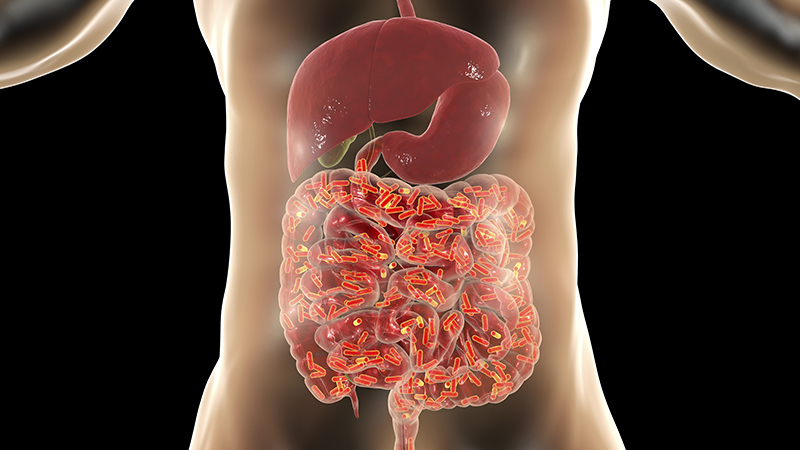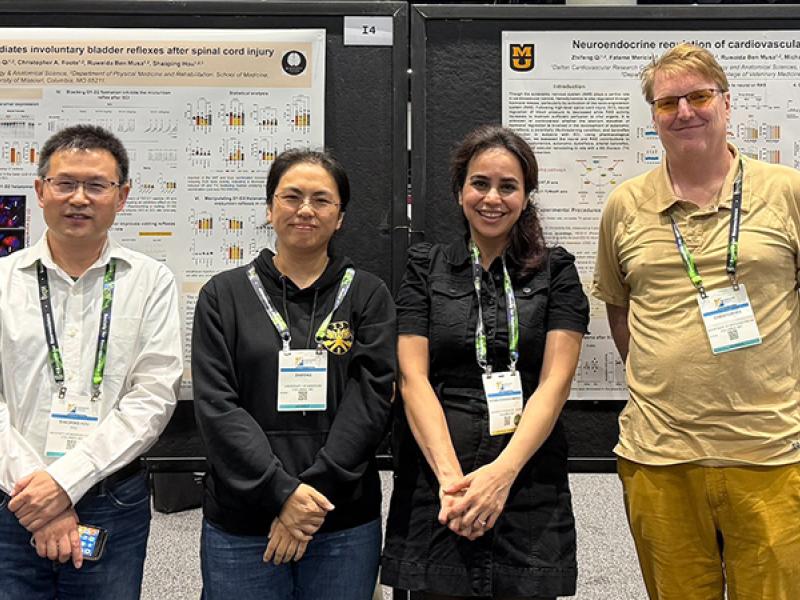
A University of Missouri School of Medicine researcher will receive more than $700,000 from the U.S. Department of Defense to develop a genetically engineered probiotic designed to enhance the anti-tumor immune response of current immunotherapy treatments.
Colorectal cancer is the second-most deadly cancer globally, and current immune-checkpoint immunotherapy is much less effective for patients with colorectal cancer than melanoma and some other types of cancers.

To make immunotherapy more successful for patients with colorectal cancer, lead researcher Jorge Gomez-Gutierrez, PhD, associate professor of child health, will target the low levels of oxygen at the tumor site, which causes resistance to chemotherapy and immunotherapy. A food-grade lactic acid bacteria, Lactococcus lactis (L. lactis), is part of a group of bacteria that can reproduce and target hypoxic sites.
“We believe using L. lactis to deliver the anti-tumor molecules will create a superior anti-tumor immune response that prevents cancer recurrence, lowers the effective dose of the immunotherapy and lowers therapy-induced adverse reactions,” Gomez-Gutierrez said. “We hope our discoveries could lead to the use of L. lactis as a cost-effective and safe nutritional supplement to prevent colon and treat colorectal cancer.”
Gomez-Gutierrez said using L. lactis has several benefits. It is relatively easy to genetically engineer, it can penetrate difficult-to-reach tissue regions and it’s already a safe probiotic bacteria used in the dairy industry.
“L. Lactis has no risk of causing harmful reactions in immunocompromised patients, unlike other bacteria that have been modified for cancer therapy,” Gomez-Gutierrez said.
The Department of Defense grant will begin in August and run through July 2025.





